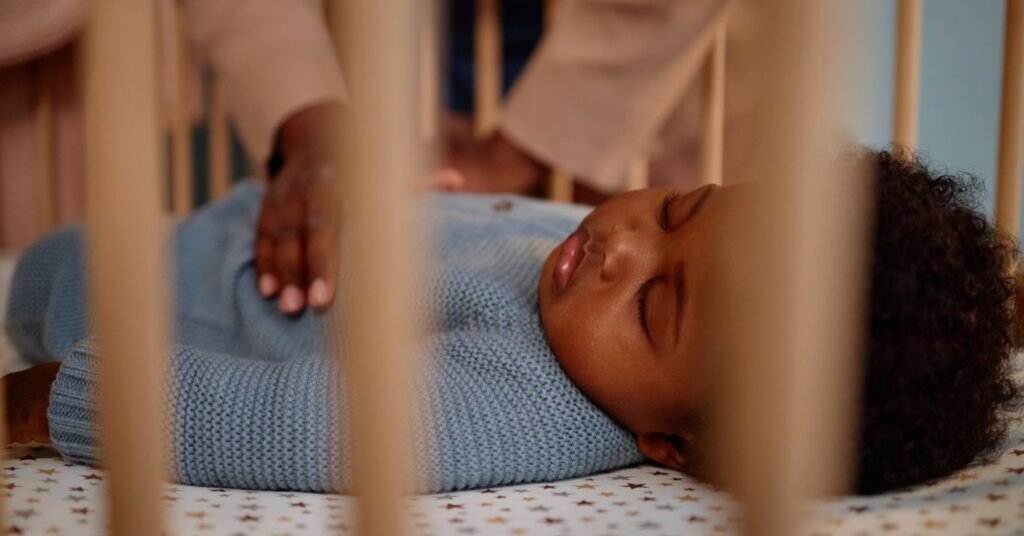Exploring the Impact of Responsive Sleep Interventions on Mental Health in Mother/Baby Dyads
Introduction
In a recent pilot study conducted by Blunden, Osborne, & King (2022) and published in the Archives of the Mental Health of Women, the influence of responsive sleep interventions on mental health in mother/baby dyads was examined in comparison to extinction interventions. The study aimed to shed light on the potential benefits of responsive sleep interventions in promoting positive mental health outcomes for both mothers and babies.
Key Findings
The study conducted by Blunden, Osborne, & King (2022) found that responsive sleep interventions showed promising results in improving mental health outcomes in mother/baby dyads compared to extinction interventions. This suggests that a more gentle and nurturing approach to addressing sleep issues in babies can have a positive impact on the mental well-being of both mothers and babies.
Ethical Considerations in Pediatric Sleep Disorders
Byars & Simon (2016) discussed the ethical considerations involved in behavioral treatment of pediatric sleep disorders in their study published in Clinical Practice in Pediatric Psychology. The importance of ethical practices in pediatric psychology when addressing sleep issues in children was highlighted, emphasizing the need for a compassionate and thoughtful approach.
Understanding Parental Perceptions of Sleep Interventions
Loutzenhiser, Hoffman, & Beatch (2014) explored parental perceptions of the effectiveness of graduated extinction in reducing night waking in their study published in the Journal of Reproductive and Infant Psychology. The study provided valuable insights into how parents perceive different sleep interventions and their impact on their children’s sleep patterns.
Conclusion
Overall, the research highlighted in this article underscores the importance of considering the mental health implications of different sleep interventions for both mothers and babies. By taking a responsive and compassionate approach to addressing sleep issues in babies, parents can promote better mental well-being for themselves and their little ones.

